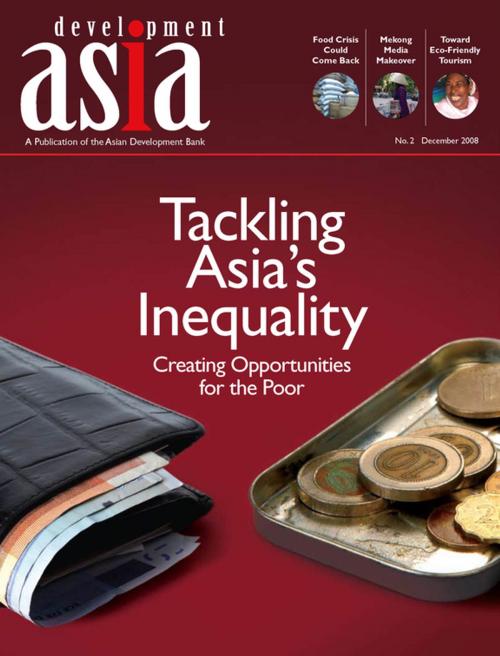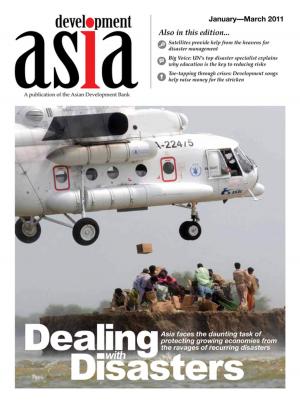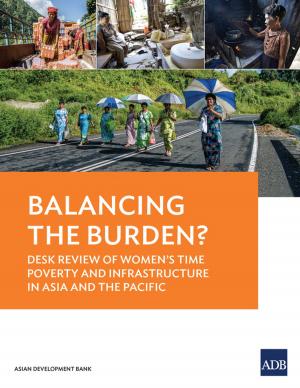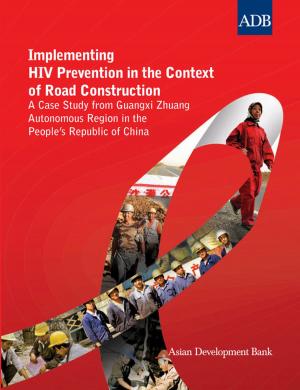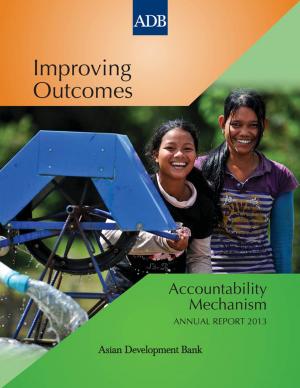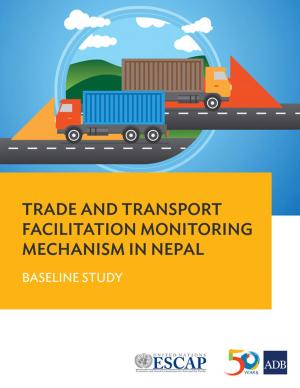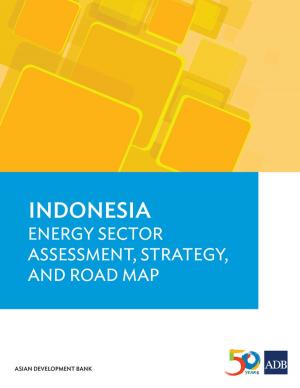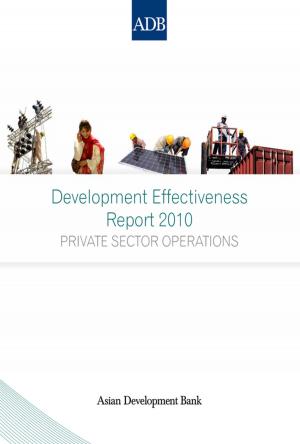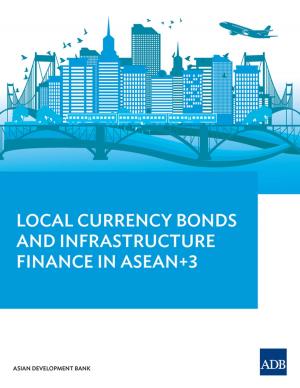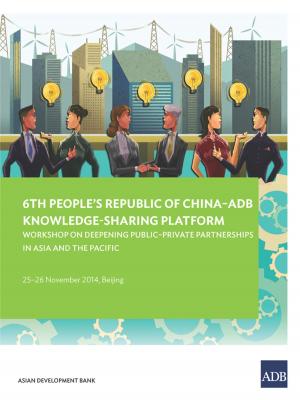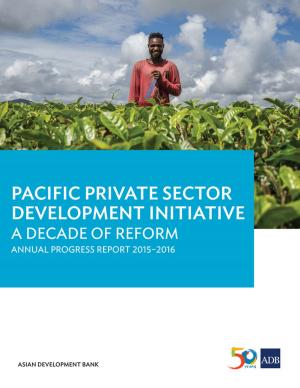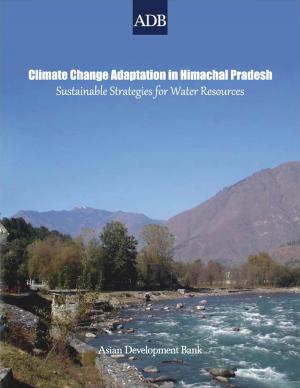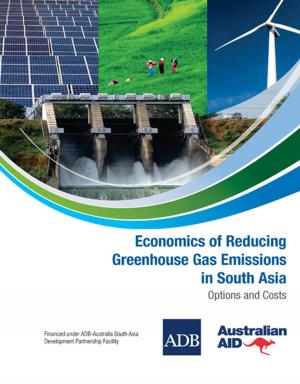Development Asia—Tackling Asia's Inequality: Creating Opportunities for the Poor
December 2008
Nonfiction, Social & Cultural Studies, Political Science, Politics, Labour & Industrial Relations, Business & Finance, Economics, Economic Conditions| Author: | Asian Development Bank | ISBN: | 9789292574208 |
| Publisher: | Asian Development Bank | Publication: | December 1, 2008 |
| Imprint: | Asian Development Bank | Language: | English |
| Author: | Asian Development Bank |
| ISBN: | 9789292574208 |
| Publisher: | Asian Development Bank |
| Publication: | December 1, 2008 |
| Imprint: | Asian Development Bank |
| Language: | English |
One worrisome trend in Asia is growing inequality—the rich are getting richer much faster than the poor. This issue of Development Asia was brought into sharp focus with the current financial turmoil, which is having a much greater impact on the poor than the rich. How much should inequality be a cause for alarm, if at all? What are the implications of a widening social divide? Should governments do something—or nothing? The stories on this cover theme look at many aspects of a complex issue. Guest economists present the case for and against interventions toward social inclusion, though they tend to support policies that promote equal opportunity and access to good education and basic health services. One of the issue's main stories looks at the role of globalization in increasing well-being at all levels of society, but it also notes that the well-to-do are better placed than the poor to take advantage of the opportunities that globalization offers. Contrasting profiles of India and the Philippines are provided. One shows how strong growth can create jobs for the poor despite structural inequalities. The other illustrates how even robust growth can fail to provide enough jobs because of structural inequalities.
One worrisome trend in Asia is growing inequality—the rich are getting richer much faster than the poor. This issue of Development Asia was brought into sharp focus with the current financial turmoil, which is having a much greater impact on the poor than the rich. How much should inequality be a cause for alarm, if at all? What are the implications of a widening social divide? Should governments do something—or nothing? The stories on this cover theme look at many aspects of a complex issue. Guest economists present the case for and against interventions toward social inclusion, though they tend to support policies that promote equal opportunity and access to good education and basic health services. One of the issue's main stories looks at the role of globalization in increasing well-being at all levels of society, but it also notes that the well-to-do are better placed than the poor to take advantage of the opportunities that globalization offers. Contrasting profiles of India and the Philippines are provided. One shows how strong growth can create jobs for the poor despite structural inequalities. The other illustrates how even robust growth can fail to provide enough jobs because of structural inequalities.
